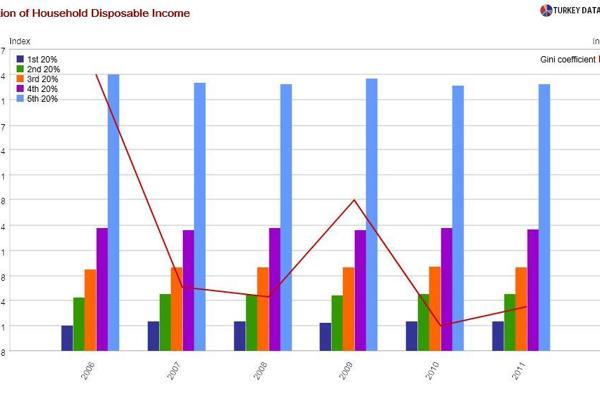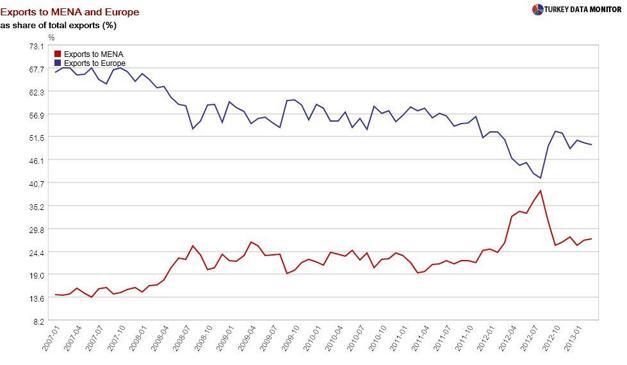Why Turkey is NOT Thriving


My picking on Jeff, as he told me to call him when I was at his teaching assistant at Harvard University, risks putting an amateur lightweight against a heavyweight champion. Besides, I owe him for having introduced me to Bono. But Turkey is my home court, and I cannot resist the urge to correct the several misconceptions in his article.


For example, the fall in inequality has been rather modest. In fact, the key to the ruling Justice and Development Party’s success has been the growing middle classes, which have increased their share of income at the expense of the richest and the poorest and seen a significant rise in their purchasing power thanks to the macroeconomic stability and fall in interest rates.
Likewise, while it is true that exports are “increasingly headed south and east to the emerging economies, rather than west to high-income markets,” the technological content of the country’s exports is falling. Many Turkish economists link the two, arguing that these new markets in the Middle East, North Africa and Asia demand less sophisticated products.


Sachs has not got it all wrong. Although he does not dwell on the lack of structural reforms, or the vulnerabilities, or the housing boom, he is right that the Turkish success story has been built on fixing the banks. But I was shocked when he praised Turkey’s innovation and education, which have actually been found to be the country’s binding constraints to investment.
Sachs is the latest in a long line of celebrities, such as gladiator Russell Crowe, who have recently declared their love for Turkey, or at least to Istanbul. I think this is simply because more and more people are making it “is tin poli,” or “to the city.” Istanbul is now sixth in the MasterCard Index of Global Destination Cities, which ranks cities in terms of their total international visitor arrivals and spending.
Interestingly, tourists’ perception of Istanbul, and more generally Turkey, is vastly different from that of many locals. A recent Pew survey found Turks to be very pessimistic about the near future. We Turks are a gloomy bunch, but the country also ranked at the bottom of the OECD Better Life Index, which was released the same day Sachs’ article was published.
Many short-term visitors never see Istanbul’s ugly face: Their hotel is conveniently located away from the maddening traffic. They would not even be aware of the latest alcohol bans. They never get tear-gassed. They only meet with the most educated Turks. And once the government delivers the finance arbitration it has promised, they will think Turkish courts are very efficient.
This dual structure looks a lot like Dubai, which had, along with Istanbul, the highest arrivals growth rate in the MasterCard index. I myself feel, perhaps because of my columns in English, more like I am in colonial India, sahib.
